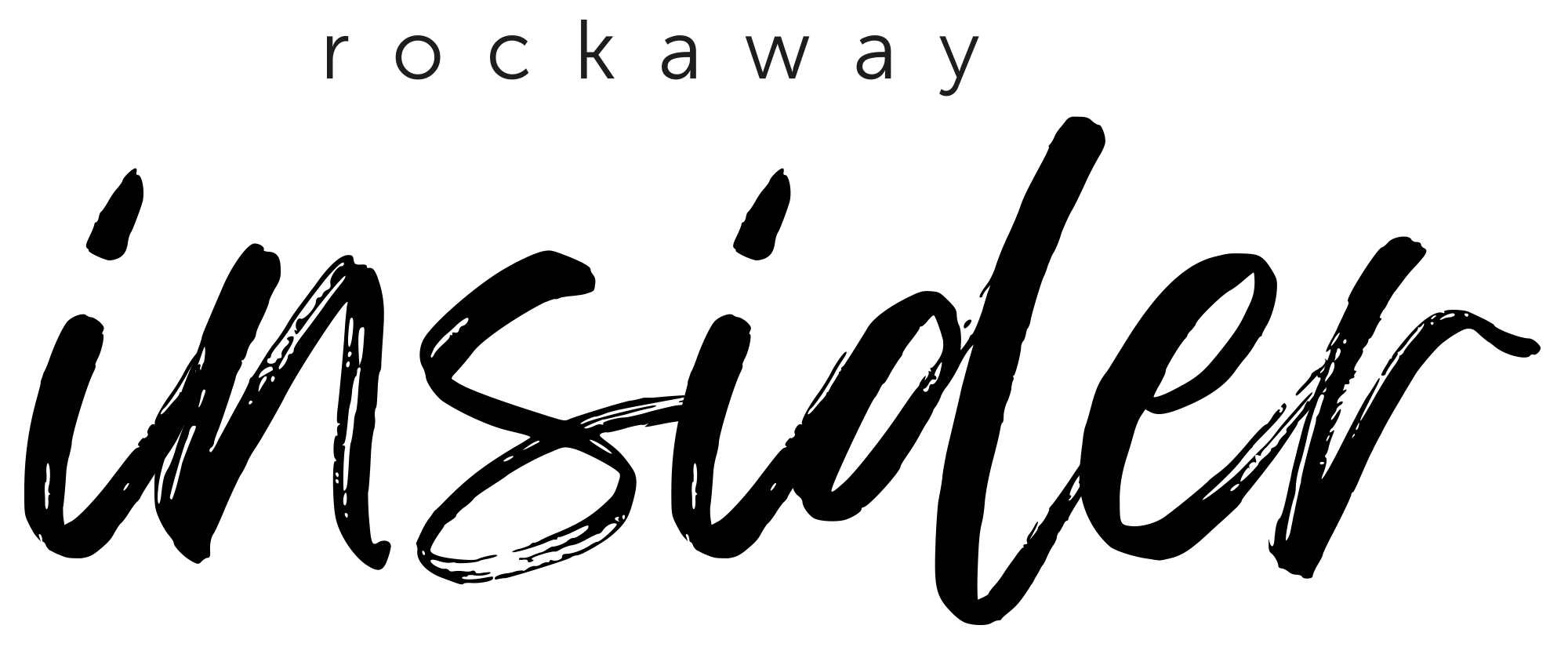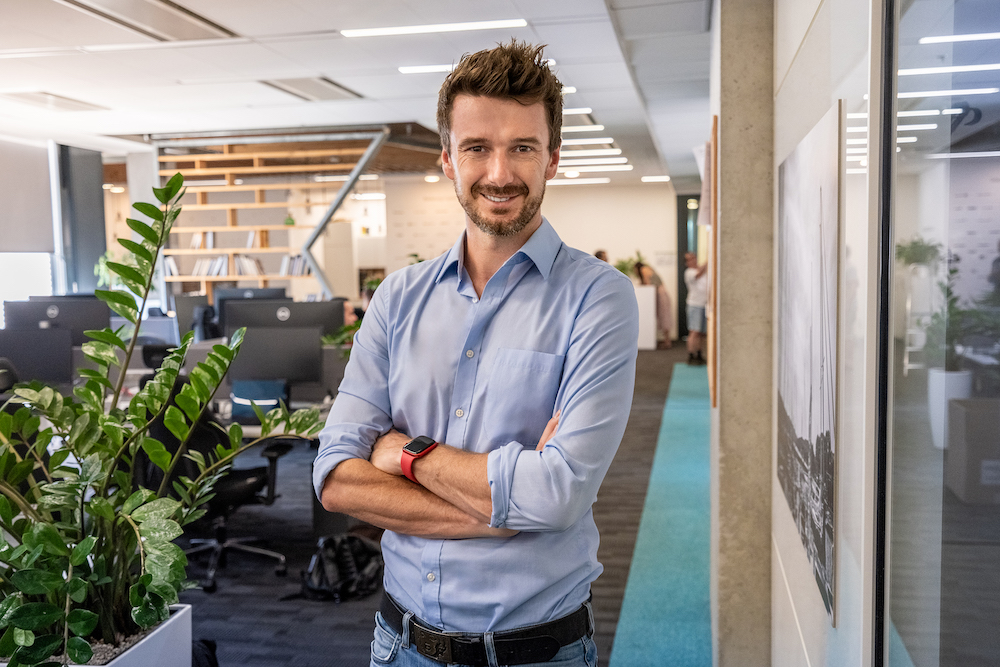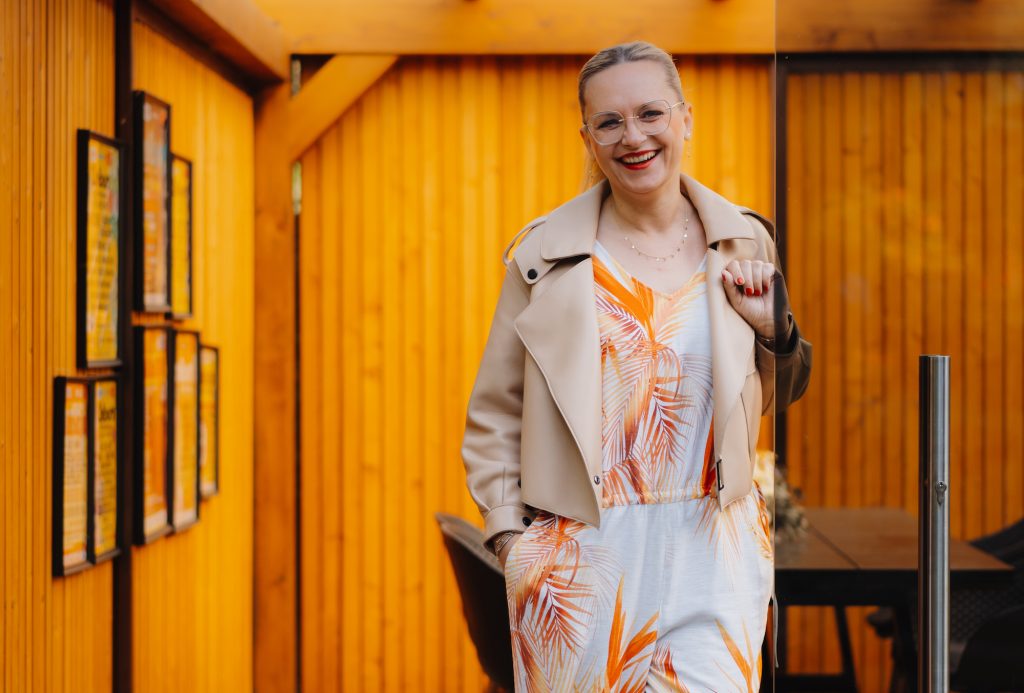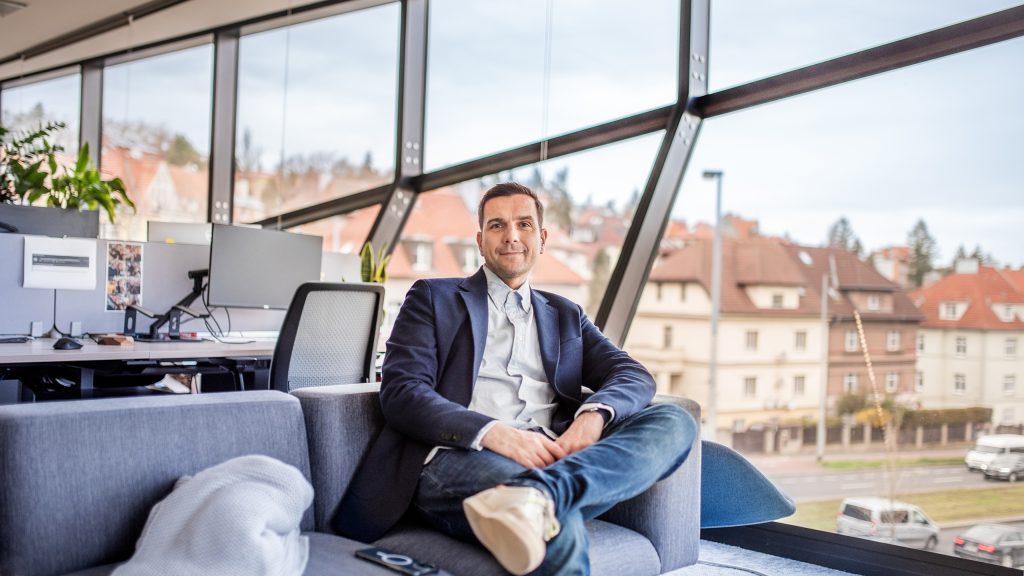All newsRockaway Insider With Michal Kratochvíl, CEO Budgetbakers: When you switch on the right brains, you come up with unexpected things
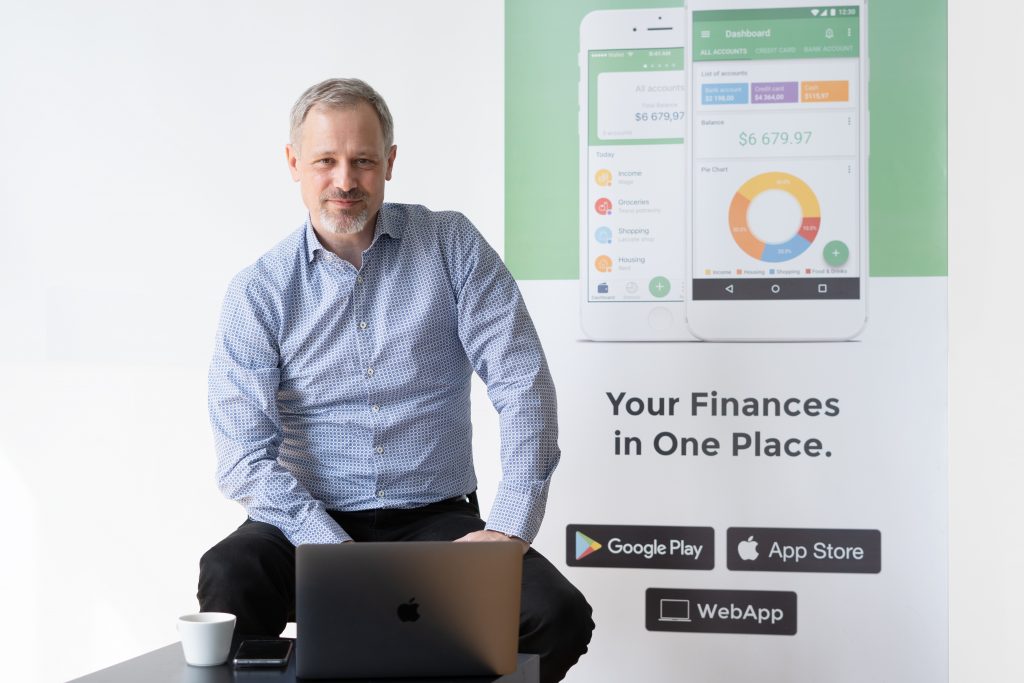
Last year BudgetBakers had their dream come true. They were the first application in the world to to provide management of finances as well as direct payment. And although its CEO, Michal Kratochvíl, is part of a young collective, as opposed to others, he thinks that more important than an original business idea is the team itself and the experience of every member.
What key thing has 2020 taught you?
Above all, the previous year convinced us that you really can operate virtually. At BudgetBakers we were hit with a decline in new users in March and April, but we were able to come together as a team in an incredible manner, and think of things we’d never have even considered before. In the end we turned a profit last year, even though travel – which is one of the reasons why people download personal finance management apps – almost disappeared last year. People sat at home, spent less, and had less of a need to monitor their finances. So we noticed a decline, but we were capable of compensating it with something else. And this was a beautiful example of how when you switch on the right brains, you can come up with things we’d never have expected. And it worked out for us.
What is the number-one rule that you follow at all costs in your business?
As a FinTech start-up, we of course want to grow, make money, be better, make progress. But all this has to take a back seat to the fact that we operate in the financial sector, and the rule we respect above all others is that of trust. Our users know that the data they keep in our application is safe with us. It’s theirs, and we won’t touch it. It’s only up to them what they do with it, whether they make stuff up, delete it, or add it. It’s an application that allows them to do anything. And clients trust us for this to be the case. That’s something we respect 200 percent.
One learns from one’s mistakes. What mistake taught you the most, and what, specifically?
I’ll give you a general answer. Every mistake is extremely important, because that’s what you learn from. The key thing is to realize you’ve made them, admit it, and learn from each one. I’m not capable of saying which mistake is the biggest, but if we look back we’ll certainly find them in many activities and decisions I made: be it business matters or in planning. When I look back over my career, I’ve experienced successes, but I’ll remember the failures the most, how they hurt, how we bled due to various projects – we always took the most away from these, a new mindset, a new idea of how we want to do things. I remember them to this day, and I’m glad they happened, because if they hadn’t, I wouldn’t know now what I do.
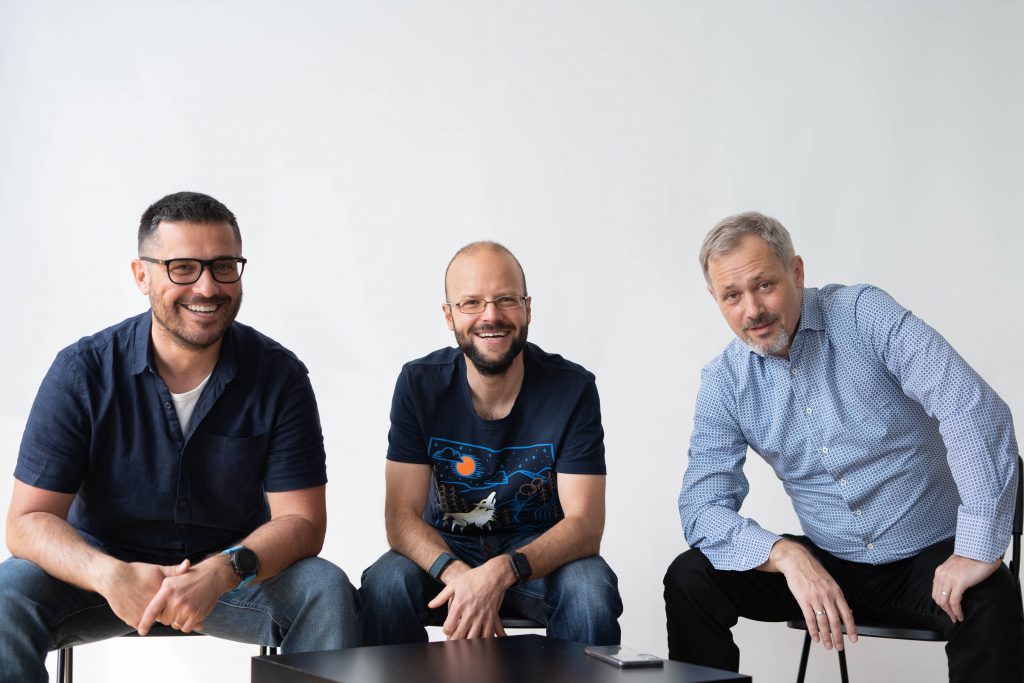
What is your most important piece of advice for new entrepreneurs and start-uppers?
In my experience, the team and people are always more important than the business idea: who joins the start-up, whether they know each other, whether they have various skills that complement each other. A varied team is important. It may be surprising that most successful start-ups recruit people aged 40+. This is because these are people who have experience, they have good connections, and they know their field sufficiently to know where the problems lie and how to make money by solving them. The idea that at the age of twenty I could come up with something so amazing that I’d be a multi-millionaire by twenty-five may be a nice one, but it happens to one in a thousand, maybe in a hundred thousand.
What do you consider the greatest benefit of your business for society?
We’re FinTech, but in contrast with other FinTech companies and banks, who try to “push” some financial products on people – and ideally these are credit products, because they have the biggest margin on them – we do the precise opposite. We give people around the world an application that allows them to have their money under control and know where it’s going, how much they have, or if they’ve take out so much credit that they may no longer manage to make the payments in coming months. In the last ten years, many such applications have been created for mobile phones, but ours is staying at the forefront around the entire world, because it doesn’t pretend to be something more. It’s simply a tool for people who have the desire and need to have their money under control.
What question are you asked most often, and how do you answer?
Journalists always ask: “When will FinTech replace banks?” And I always answer that banks have their role, their capital, huge power and a huge client base, and need FinTech companies because they’re a source of innovation for them. That’s why banks support them, buy them, incorporate them into their business positions, and take them to market. It’s not the case that FinTech companies are pushing them out, or will do so in the future. It’s more of a case where the sector is opening up, and the regulatory and legal framework is accommodating this. I think that banks are benefiting from this hugely, it’s getting them moving and forcing them to also innovate. Banks will maintain their primary role and their relationship with their clients, and will continue to consolidate it.
What life hack helps you most in your work?
I could give a mundane answer and say: not working at home and actually going to work every morning. But I’ll try a different answer, which concerns smoking. I’ve been a heavy smoker since the age of 17, and I smoked two packs a day until I was 49. And then I tried quitting cold turkey, and was successful for almost a year. Then I started up again a bit – and now I don’t smoke again. But why am I talking about all this? For me, cigarettes have a huge added value, not in the smoking as such, but in the fact that in order to be able to smoke today, you have to get up from you desk and go outside somewhere. And when I went for a cigarette, I thought up everything. So this is this an honest confession – because I haven’t been smoking almost at all the past two years, I haven’t been thinking up as much. I replace it with coffee or something that forces me to get up and go for a walk, it works in its own fashion, but it’s not the same. In my view, a cigarette simply does something good with your brain.
___
![]()
Did you like this interview?
The Rockaway Insider Newsletter is published every second Wednesday morning – subscribe now.
By clicking on “Subscribe” you agree to subscribe to the Rockaway Insider newsletter using the specified e-mail address. You can cancel your subscription at any time directly in the newsletter.
___


